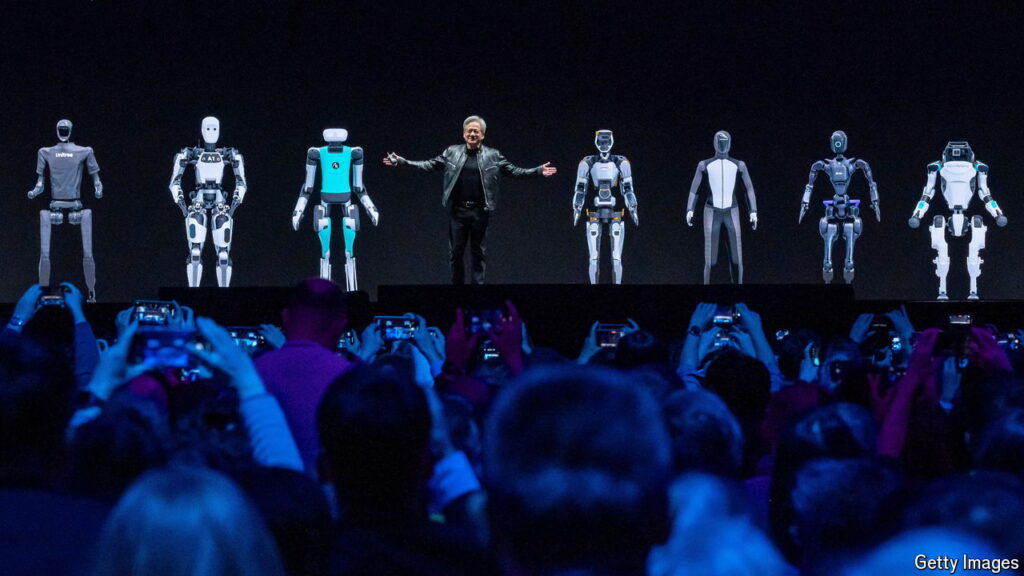When ChatGPT took the world by storm in November 2022, it was the startup behind it, OpenAI, that caught the attention of the business world. But as always, big tech companies are again dominating. Nvidia, a maker of accelerator chips that are at the heart of generative artificial intelligence (AI), is currently vying with the more established tech giant Microsoft for the title of the world's most valuable company. Like Microsoft, Nvidia is also investing in a diverse ecosystem of startups, which it hopes will strengthen its lead. Given regulators' “techlash” mentality, both companies are predictably at the top of antitrust watch lists.
Don’t be shocked. Antitrust authorities may be notorious in recent years for abusing their powers in an attempt to cut big companies down, but big tech companies in Silicon Valley and elsewhere have been showing an equally notorious tendency to behave arrogantly in the digital sphere for years. What’s interesting is the speed with which antitrust authorities act. Historically, such investigations tend to be complicated. It took 40 years for the Supreme Court to order US chemical giant DuPont to divest its anticompetitive stake in General Motors. DuPont started acquiring shares in GM in 1917, when it was a fledgling car manufacturer. The US antitrust authority, the Federal Trade Commission (FTC), is still battling with social media giant Meta to unwind Facebook’s acquisitions of Instagram and WhatsApp, made 12 and 10 years ago, respectively.



